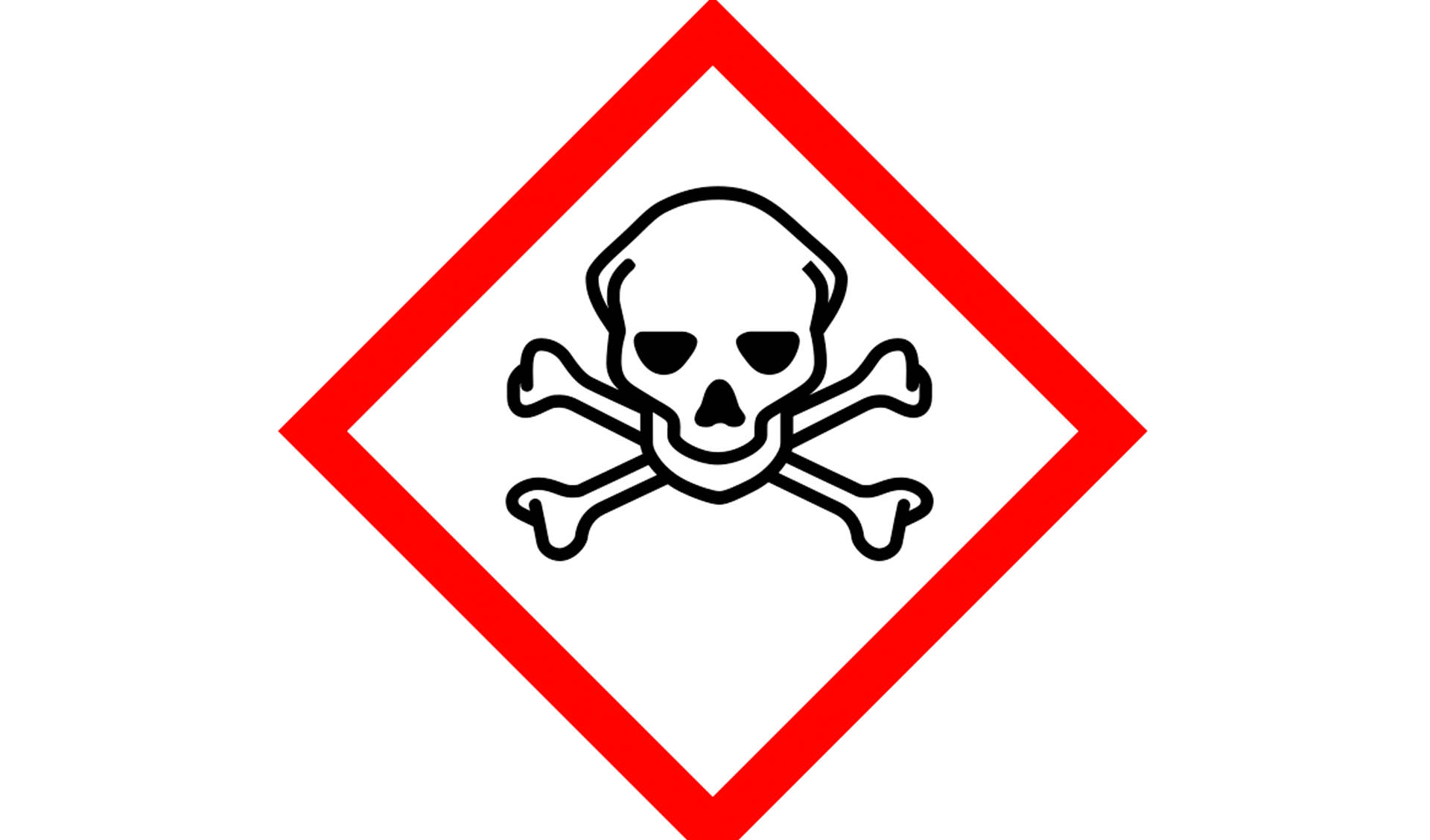What may seem harmless to us could in fact be toxic to your pet. The key to keeping your pet safe is to be proactive and know what can be toxic to them. Some common toxins to look out for this season are insect, rodent and animal baits as well as fertilizers or pesticides. If travelling with your dog to salt water areas, be aware that salt water can be toxic to your pet if ingested while swimming. Some foods to avoid include onions, mushrooms, grapes or raisins, and garlic, just to name a few.
Symptoms of toxicity can vary based on the underlying poison that is affecting your pet. Some signs to look out for are stomach upset, including but not limited to vomiting, diarrhea, and drooling, as well as tremors or weakness. More severe signs can include seizures or collapse. Certain poisons can lead to irreversible kidney or liver failure in your pet. With immediate medical treatment, most poisons can be treated before fatal damage occurs. Always contact your veterinarian if your pet has come in contact with a poison, even if you are unsure – the sooner the incident is treated the better.
Pet Poison Helpline is there for you (1-800-213-6680). When your animal has come into contact with a toxic or possible toxic element, Pet Poison Helpline can give you the immediate advice you need. They are a 24/7 poison control service that is available to both Canadian and US residents. Pet Poison Helpline is the only poison control center that has board-certified veterinarians, emergency care specialists, and veterinary toxicologists. With just a one-time fee per incident, Pet Poison Helpline can give you the quick advice you need as well as create a case for you or your regular veterinarian to follow up with if further medical treatment or advice is required. For a full list of toxic substances and more information about Pet Poison Helpline please visit their website at www.petpoisonhelpline.com.

